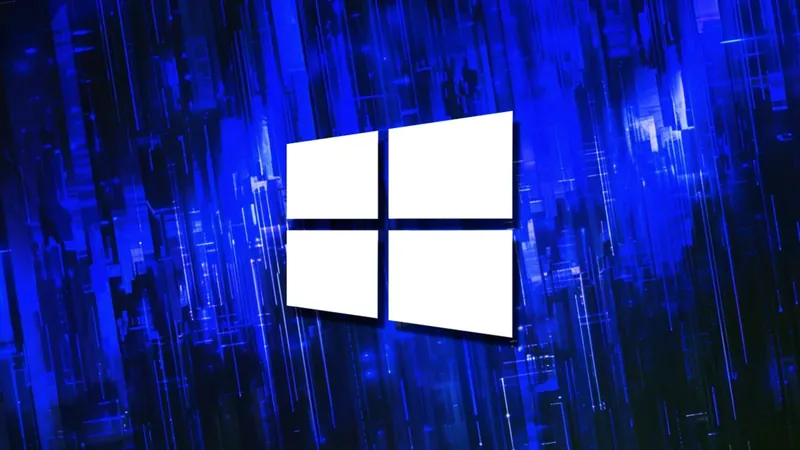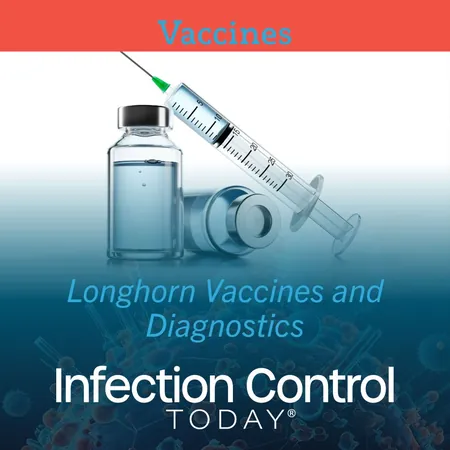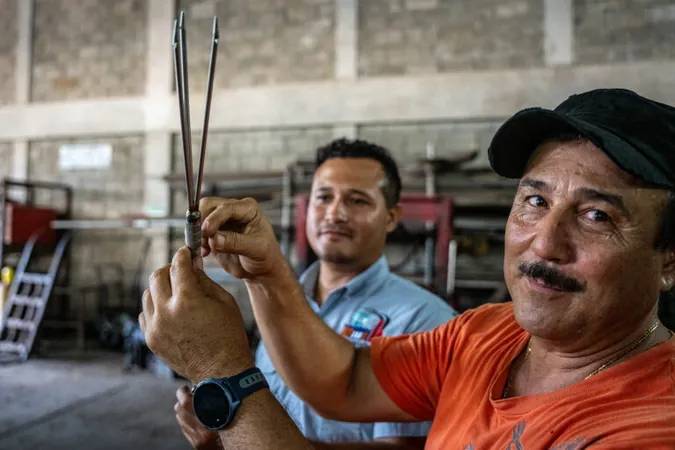
Microsoft Unveils Revolutionary Recovery Tool for Windows 11 Admins: Say Goodbye to Unbootable Devices!
2024-11-19
Author: Ming
In an exciting development for IT administrators, Microsoft has announced its latest feature, **Quick Machine Recovery**, designed to tackle one of the most dreaded issues in technology: unbootable devices. This innovative tool will empower sysadmins to remotely resolve boot problems by leveraging Windows Update's **targeted fixes**, eliminating the need for physical access to the devices.
The introduction of this feature comes as part of Microsoft's **Windows Resiliency Initiative**, which was established in response to a catastrophic incident in July 2024. A problematic update from CrowdStrike Falcon resulted in hundreds of thousands of Windows systems becoming unbootable, severely disrupting airlines, hospitals, and emergency services across the globe. Users reported issues such as persistent boot loops and the infamous **Blue Screen of Death (BSOD)**, greatly hampering critical operations.
“This feature will enable IT administrators to execute targeted fixes from Windows Update on PCs, even when machines are unable to boot,” said David Weston, Microsoft's Vice President for Enterprise and OS Security. “This remote recovery will unblock your employees from broad issues much faster than what has been possible in the past.”
Scheduled for rollout in early 2025 to the Windows 11 Insider Program community, Quick Machine Recovery is set to revolutionize how organizations handle unexpected system failures, ensuring rapid recovery and minimal downtime.
Moreover, Microsoft is actively collaborating with security vendors to enhance system protection through the **Microsoft Virus Initiative (MVI)**. The goal is to enable security software to operate outside the Windows kernel, addressing vulnerabilities that led to the July outage. Traditional security programs often rely on kernel drivers for low-level system access, which can inadvertently heighten the risk of crashes due to faulty drivers or updates.
As part of this initiative, **Safe Deployment Practices** will be introduced, requiring gradual updates, deployment monitoring, and deployment rings for security products to mitigate risks and negative impacts.
"This means security products, such as anti-virus solutions, can run in user mode just like other applications," explained Weston. "This change will help developers ensure a high level of security while providing easier recovery options with less impact on Windows during crashes or updates." A private preview for security product developers is expected in July 2025.
In addition to these advancements, Microsoft is continuing its commitment to cybersecurity with the launch of a new **Zero Day Quest hacking event**, offering a staggering $4 million in rewards. This event is part of the company's broader **Secure Future Initiative (SFI)** launched in late 2023, which has engaged 34,000 full-time engineers targeting priority security challenges.
With all these developments, Microsoft is not just responding to past failures but proactively shaping a more resilient and secure computing environment for its users. Keep an eye on these transformative updates—your system stability could depend on them!




 Brasil (PT)
Brasil (PT)
 Canada (EN)
Canada (EN)
 Chile (ES)
Chile (ES)
 España (ES)
España (ES)
 France (FR)
France (FR)
 Hong Kong (EN)
Hong Kong (EN)
 Italia (IT)
Italia (IT)
 日本 (JA)
日本 (JA)
 Magyarország (HU)
Magyarország (HU)
 Norge (NO)
Norge (NO)
 Polska (PL)
Polska (PL)
 Schweiz (DE)
Schweiz (DE)
 Singapore (EN)
Singapore (EN)
 Sverige (SV)
Sverige (SV)
 Suomi (FI)
Suomi (FI)
 Türkiye (TR)
Türkiye (TR)